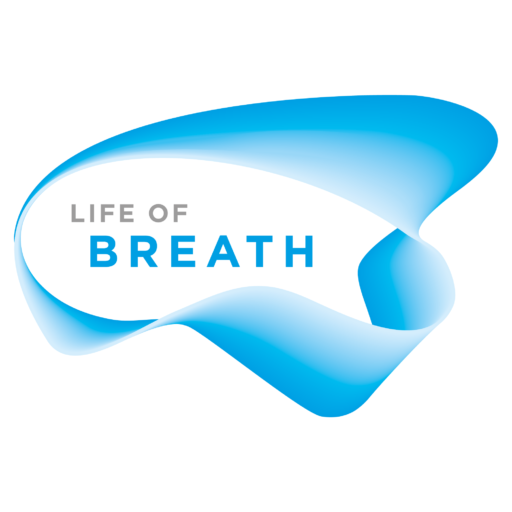Managing expectations? Cynicism and the medical humanities
Durham post-doc Arthur Rose writes;
According to Diogenes Laertius, the Ancient Greek cynic Diogenes of Sinope ‘died voluntarily by holding his breath’ (VI, 76). Now, of course, we know that people do not die when they hold their breaths. Legions of little girls and boys would otherwise have willed themselves into oblivion. So why does Diogenes Laertius write about it, in his Lives of Eminent Philosophers? Mélanie Lucciano has recently pointed out that suffocation of some sort or another is common to all the cynics. Where the suffocation is voluntary (the willed retention of breath), it demonstrates ‘autonomy’ and ‘freedom’; where it is involuntary (through choking), it often indicates that pathways to autonomy and freedom have been blocked. Lucciano suggests that, far from being a strict biographical fact, willed suffocation in Diogenes Laertius is a trope, a literary device, that highlights the level of control the cynics sought to exert over their own bodies. They aimed for this level of control, this habituated practice, in pursuit of the virtuous life. For the cynics, the ability to breathe, like the ability to live, is fused to autonomy and freedom, a perspective we find iterated in ‘the recognition of the ways in which Black people are deprived of basic human rights and dignity’ of Black Lives Matter. By recognising that the ability to breathe is a fundamental consideration for autonomous human action, the cynics make a bold political statement about priorities: first, people must have the right to breathe, politically as well as physiologically.
Modern cynicism, that tendency to question the motivations behind lofty ideals, seems to be on the rise in the age of Brexit, Trump and post-truth. Those who voted for Brexit or Trump often cite a desire to expose establishment figures to scrutiny, and, in so doing, to uncover their motivations. In this way, their ethos might be said to be cynical. To complicate matters, such people also accused individuals like David Cameron or Hillary Clinton of being cynical. So what is cynicism today? A probe into privilege? Or a self-satisfied exploitation of privilege by the privileged? Peter Sloterdijk once suggested that we think of the socially active ‘good’ cynicism as a philosophical descendent of the Greek Cynics, and the complacent ‘bad’ cynicism as a more recent phenomena, a by-product of the widespread focus on ‘critique’, that emerges in European Modernity. But it has become increasingly difficult to establish the criteria on which such fixed distinctions might be judged.
In this moment of contemporary cynicism, can we really say that the Ancient Greek cynics, and particularly Diogenes of Sinope, still have something to tell us about living a virtuous life, a life consistent with our stated values and beliefs? I would argue that they do, in ways that are often surprising. Their focus on developing political integrity through processes of self-management and self-awareness has,for instance, resonated in the unexpected popularity of figures like Jeremy Corbyn and Bernie Sanders. But there are two other areas where cynicism may be a valuable index for the ways authority figures manage expectations, of themselves and of others: the literary and the medical.
In Literary Cynics: Borges, Beckett, Coetzee (out soon with Bloomsbury Academic), I argue that certain authors in the 20th Century respond to the pressures of fame, even celebrity, by engaging directly, and critically, with the ways that greatness is thrust upon them. Rather than simply accepting the authority that fans of their work ascribe to them, these latter day cynics try to interrogate the premise that authority is a necessary feature of literary authorship. It was on the basis of my interest in literary authority, that I began a discussion with Robbie Duschinsky and Jane Macnaughton about the ways in which clinicians, in very different circumstances, draw on a similar sense of authority. Ultimately, we found the point of contact was less in forms of authority, and more in a similar management of expectation, published recently in The Lancet. Clinicians, like authors, are forced to balance an ethical (rather than aesthetic) commitment to provide quality care with imposed restrictions that may or may not accord with their best interests. Cynicism helps to manage expectations; therefore, it may be a strategic virtue for writers and for clinicians.
Cynicism is easy to dismiss, because it is so nebulous. I would argue that it is in such nebulous areas that medical humanities has purchase; in the possibility that structural similarities between literature and medicine might inform and manage their very different aims and expectations. By considering an affective dimension that is usually ignored or vilified, we can begin to think about how self-management is often more complicated than simply taking back control.
The featured image is a painting of the Greek cynic Diogenes (404-323BC) as imagined by Jean Léon Gerome (1860).



